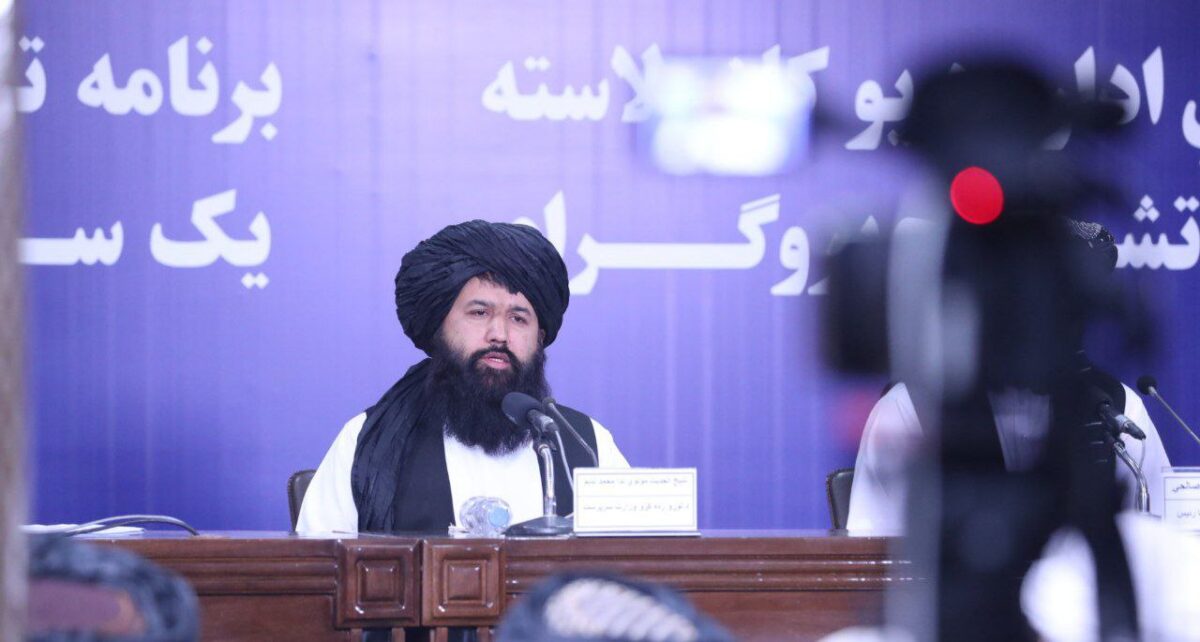Taliban’s minister of higher education, Neda Mohammad Nadim, has declared that disobeying the orders of their reclusive leader, Hibatullah Akhundzada, is equivalent to defying the “will of God”.
Speaking at a graduation ceremony for religious institutions in Kabul, Nadim stated that neglecting Akhundzada’s directives is impermissible under Islam.
“For Muslims, it is impermissible to defy God’s commands. No one has the right to disobey the commands issued by the leader of Muslims. The leader’s orders are God’s commands,” he claimed.
Nadim’s remarks have sparked widespread criticism from Islamic scholars and Afghan citizens, who argue that many of Akhundzada’s decrees contradict Sharia and Islamic values.
Critics, including women, accuse the Taliban of manipulating religion to justify misogynistic policies that suppress women’s rights and impose regressive changes on Afghan society.
“Islam is not a misogynistic religion,” said Yalda, a Kabul resident. “Where in Islam, the Quran, or Sharia does it say that women are forbidden from working or obtaining an education? These are cultural impositions disguised as religious mandates.”
Another Kabul resident, Mumtaz, criticized the Taliban for using religion as a tool for political control. “We see their misogyny every day—banning women from education, work, and even public life. These actions do not align with God’s commands,” she said.
Religious scholars have also voiced concerns about Akhundzada’s policies, with some asserting that his decrees lack Islamic legitimacy. Abdul Qadir Kamali, a professor and researcher of Islamic history, argued that directives based on personal interpretations or ethnic and partisan views cannot be considered divine commands.
“If Amirul Momineen [Akhundzada] is amplifying his personal interpretations or ethnic views into his decrees, they are not obligatory for the people and are not divine commands,” Kamali said.
Since the Taliban’s return to power in August 2021, they have imposed severe restrictions under the pretext of Sharia, including bans on women’s education, employment, and participation in public life. These measures have drawn condemnation from citizens and international organizations alike.
The Organization of Islamic Cooperation (OIC), a leading institution among Islamic countries, has repeatedly called on the Taliban to reverse their oppressive policies toward women and girls. Despite these appeals, the Taliban have shown no willingness to reform, continuing to enforce policies that isolate women from Afghan society.
Nadim, a polarizing figure in the Taliban cabinet, has been known for his contentious statements and rigid views. At the Kabul event, he reportedly prohibited the broadcast of any photographs of himself, adding to the secrecy surrounding his leadership style.





